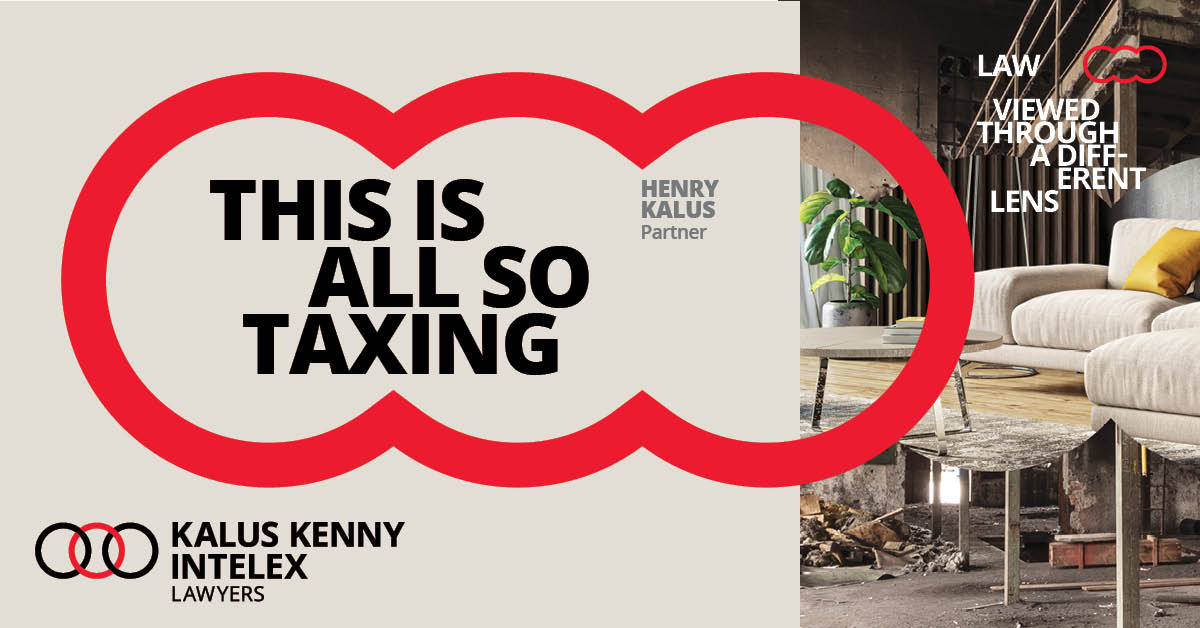Many of Victoria’s major apartment developers have cancelled more projects than they have started, because something is seriously wrong with the property industry.
Labour shortages, escalating construction costs, increased funding costs, builder insolvencies and planning delays have combined to create a housing crisis. A crisis that won’t be fixed whilst property developers and investors struggle to make a profit. It’s not Legoland. Apartments don’t get built for fun.
And right now, making a profit from developing real estate is a challenge .… well in Victoria anyway.
So, what can our state government do to help? There are a couple of obvious levers to pull.
Limiting infrastructure projects would free up labour for the private sector.
And industry stakeholders have been advocating for a more efficient planning system, but we haven’t seen real improvement.
The big lever is tax.
New taxes, closing ‘loopholes’ and dispensing with concessions is the result of the Victorian government’s strategy to raise more money – presumably to make up for the billions of hard-earned taxpayer dollars wasted on infrastructure projects – but that’s another subject.
So, what has this high taxing approach achieved?
It has put the brakes on development.
The Victorian government imposes many taxes. Way too many, and I say that not just because I am an older lawyer who is struggling to keep up.
The sad truth is, Victoria has become too expensive to transact in.
Here is a sample of state taxes which discourage investment, add to the cost and risk of development, reduce housing supply and increase the cost of buying and renting an apartment.
- The Foreign Purchaser Surcharge has contributed to the reduction in supply of new housing stock.
- The Absentee Owner Surcharge adds to the cost of apartments by adding to the cost of holding land for development.
- Removal of off-the-plan stamp duty concessions has increased the cost of existing housing by pushing investors towards existing stock, and has reduced supply of new apartments by shrinking the investor pool.
- Economic Entitlement Duty imposes duty even before parties transact adds to the cost of apartments, and discourages what can be an efficient spread of capital to create more apartments.
- Land Tax increases and bans on adjustment adds to the cost of producing housing.
The Federal government hasn’t exactly helped either with huge increases in the non-refundable cost of obtaining Foreign Investment Review Board Approval.
And would someone please tell the Greens that negative gearing encourages production of new housing stock. If investors don’t invest, developers don’t develop!
The Victorian Parliament Inquiry into Land Transfer Duty Fees has assessed several of these property taxes and to our shock, determined that the current system is ineffective, in that the high cost of stamp duty leads to around 340,000 property transactions being forgone each year.
And the ATO has confirmed the current regulation of foreign investment has caused a significant reduction in foreign investment into Victoria.
Now I am no economist. In fact, my wife looks after our finances. But it seems to me that more or higher taxes doesn’t necessarily raise revenue, particularly if transaction numbers are reduced.
Instead of seeing developers as rich sitting ducks for revenue raising, perhaps it’s time to acknowledge that entrepreneurial developers provide a service to the community.
Fewer property transactions must reduce housing supply, undermining the government’s housing affordability objectives.
Policy settings which promote investment and development might just provide a huge benefit to the state more broadly.
So how about we lower taxes, bring back concessions, or even abolish stamp duty on new residential property.
And if you allow me to hallucinate for a moment, perhaps we could reward developers for taking risk, by abolishing land tax on land under construction.
Profit is good right, and I pay my accountant good money to be reminded that it is taxable.
So could we please focus on tax regimes which are triggered by success rather than ones which reduce activity.
This approach might just create more housing and raise more revenue, all at the same time.
If not…I’ll see you in Queensland!



